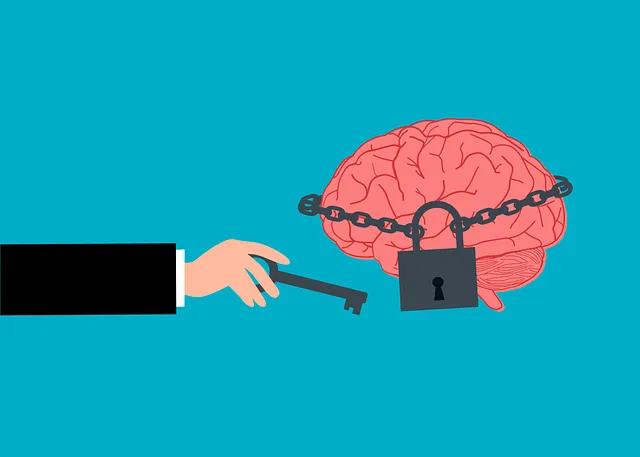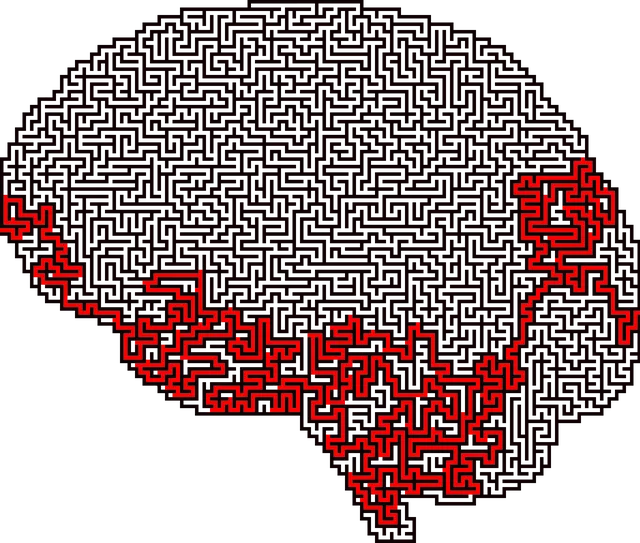The Kaiser Permanente behavioral health center in Broomfield focuses on building resilience through tailored interventions, evidence-based practices (like mindfulness and CBT), and community engagement. Using RFM analysis, they identify at-risk individuals, develop personalized programs for emotional regulation, and advocate for systemic changes to reduce stigma and improve access to care. Their holistic approach, including mental wellness journaling, self-care routines, and community outreach, equips individuals with resilience and enhances overall well-being, making Kaiser Permanente Broomfield a leading provider in behavioral health care.
“Resilience is a cornerstone of well-being, especially within behavioral health settings. This article explores the power of RFM (Recovery, Flexibility, and Mastery) as a transformative framework at Kaiser Permanente Broomfield Behavioral Health Center. We delve into the role of behavioral health in fostering resilience, offering practical exercises for both individuals and communities. Through case studies, we showcase successful implementations of RFM strategies, highlighting how these programs enhance coping mechanisms and overall well-being at the Broomfield center.”
- Understanding RFM: A Key to Resilience at Kaiser Permanente Broomfield Behavioral Health Center
- The Role of Behavioral Health in Building Resilience
- Exercises for Enhancing Individual and Community Resilience
- Implementing RFM Strategies: A Practical Approach for the Broomfield Center
- Case Studies: Success Stories from Kaiser Permanente's RFM Programs
Understanding RFM: A Key to Resilience at Kaiser Permanente Broomfield Behavioral Health Center

At Kaiser Permanente Broomfield Behavioral Health Center, understanding RFM—Reach, Frequency, and Monetary Value—is a key strategy in fostering resilience among patients. This simple yet powerful framework helps identify and engage individuals at risk, ensuring they receive the support they need for better mental health outcomes. By analyzing reach (how many people are affected), frequency (how often issues arise), and monetary value (the impact on personal and community resources), the center can tailor interventions effectively.
This approach is especially relevant in public awareness campaigns aimed at anxiety relief and depression prevention, enabling targeted strategies that address specific needs. By understanding RFM, Kaiser Permanente Broomfield Behavioral Health Center not only enhances its services but also contributes to a broader goal of improving mental well-being within the community.
The Role of Behavioral Health in Building Resilience

Behavioral health plays a pivotal role in fostering resilience among individuals and communities. At the Kaiser Permanente behavioral health center Broomfield, experts emphasize that emotional regulation is a cornerstone of resilience. This involves developing coping strategies to navigate life’s challenges, stress, and trauma. By integrating practices such as mindfulness, cognitive-behavioral therapy, and crisis intervention guidance, the center equips individuals with tools to manage their mental health effectively.
The Mental Health Policy Analysis and Advocacy approach, adopted by centers like Kaiser Permanente, goes beyond individual treatment. It promotes systemic changes that support mental well-being on a larger scale. This includes advocating for policies that reduce stigma, enhance access to care, and ensure crisis intervention services are readily available when needed. Such holistic initiatives contribute to building resilient individuals and communities capable of thriving despite adversities.
Exercises for Enhancing Individual and Community Resilience

At the Kaiser Permanente behavioral health center Broomfield, we recognize that building resilience is a cornerstone of mental wellness. Exercises designed to enhance both individual and community resilience play a vital role in fostering a culture of strength and adaptability. One such powerful tool is mental wellness journaling, which encourages individuals to reflect on their experiences, process emotions, and identify sources of strength. By documenting thoughts and feelings, individuals can gain valuable insights into their coping mechanisms and develop strategies for navigating life’s challenges more effectively.
In addition to journaling exercise guidance, our center promotes self-care routine development as a key aspect of improving mental health. Encouraging participants to prioritize self-care enables them to cultivate practices that nourish their emotional well-being, such as regular physical activity, mindful meditation, and engaging in hobbies they find therapeutic. This holistic approach, combined with community support, equips individuals with the tools needed to build resilience and enhance their overall mental health awareness.
Implementing RFM Strategies: A Practical Approach for the Broomfield Center

At the Kaiser Permanente behavioral health center Broomfield, implementing RFM (Reliability, Frequency, and Money) strategies has been a game-changer in fostering resilience among their clients. This practical approach leverages data to identify at-risk individuals who may benefit from targeted interventions. By analyzing client engagement patterns—how often they attend sessions, the consistency of their participation, and their financial commitment—the center can proactively design tailored programs to enhance emotional regulation and self-awareness exercises.
The Kaiser Permanente behavioral health center Broomfield has also recognized the power of community outreach programs in building resilience. They have initiated various activities that connect clients with their local communities, fostering a sense of belonging and support. These initiatives not only strengthen social connections but also provide opportunities for clients to apply learned skills in real-life settings, thereby enhancing their overall well-being.
Case Studies: Success Stories from Kaiser Permanente's RFM Programs

Kaiser Permanente’s behavioral health center in Broomfield has been at the forefront of resilience-building initiatives through its innovative RFM (Recovery, Resilience, and Mastery) Programs. These programs have shown remarkable success in fostering mental well-being among participants. One notable case study highlights a Community Outreach Program Implementation that targeted at-risk youth in the local community. By integrating Depression Prevention strategies and Compassion Cultivation Practices, the program aimed to build resilience and reduce risk factors associated with mental health issues.
The outcome was a significant decrease in depression symptoms among the youth, as measured through standardized assessments. Participants reported improved coping mechanisms and increased life satisfaction. This success story demonstrates the power of tailored interventions that combine behavioral health services with community engagement. Kaiser Permanente’s RFM Programs serve as a model for other behavioral health centers looking to implement effective strategies for resilience building and mental wellness promotion.
The integration of Resilient Factors Model (RFM) and resilience-building exercises at the Kaiser Permanente Broomfield Behavioral Health Center has proven to be a game-changer in fostering mental well-being. By understanding individual and community vulnerabilities, the center has developed practical strategies that empower folks to navigate life’s challenges. Through successful case studies, it is evident that these initiatives enhance not only personal resilience but also strengthen the fabric of communities within the Kaiser Permanente behavioral health center Broomfield. This comprehensive approach ensures a more vibrant and resilient future for all involved.






